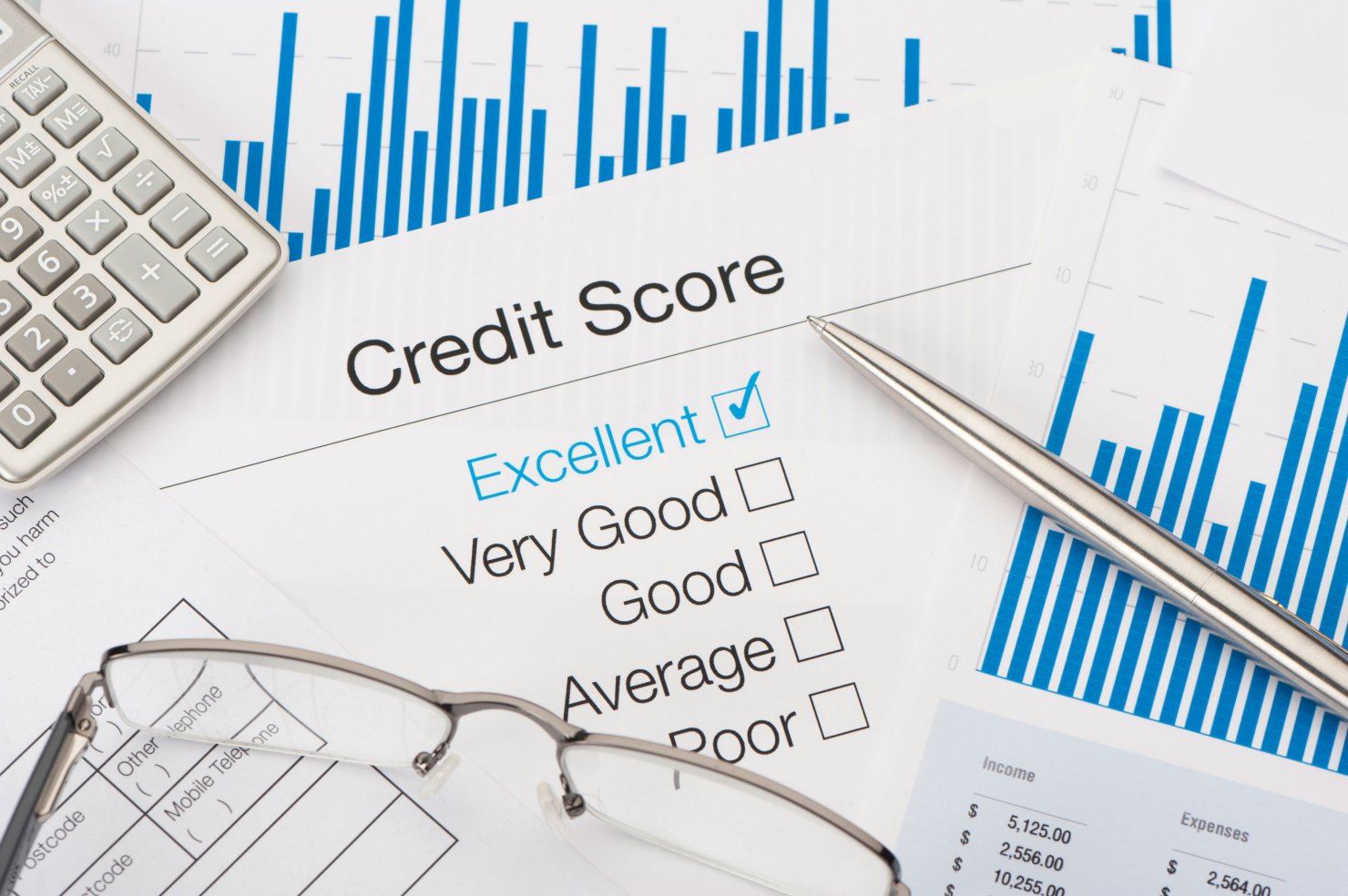Good credit can open the door to important financial milestones, like buying a first car or a home. Good credit can also enable you to qualify for lower interest rates on loans and credit cards.
Let’s look at some different ways you can build your credit so you can start benefiting from the advantages of improved creditworthiness.
1. Make your loan and credit card payments on time
Making on-time payments for any existing loans or credit card balances, even if you can only make the minimum payment, can help keep your credit on track by establishing a positive payment history.
If possible, pay your full statement balance on time each month. This can help you avoid unnecessary interest and keep your balances from getting out of hand.
2. Keep your credit utilization low
As you pay off your credit cards, you’ll also improve your credit utilization ratio, which is the portion of your total revolving credit you’re using. Lenders typically like to see a credit utilization ratio below 30%.
3. Check your credit report regularly
Your credit report includes information about your credit activity, including your payment history, balances, credit limits and how often you’ve applied for credit. Those details are used in different scoring models to generate your credit scores.
Knowing what's in your report can help you build better credit by understanding what elements of your creditworthiness to focus on improving. Checking your report often can also help you spot signs of identity theft or other account errors.
4. Stick to a budget
Budgeting may not seem related to credit, but it can be. You could spend more on your credit card if you don’t have a budget, driving up your credit utilization. That can negatively impact your credit.
When used responsibly in a budget, credit cards can also help you build credit over time. The key is fine-tuning your budget so you get in the routine of charging purchases to your cards and paying them in full on time each month. Doing that consistently can be a great way to improve your credit.
5. Contribute to an emergency fund
An emergency fund alone won't improve your credit, but it can help if you find yourself in a pinch.
An emergency fund can help you avoid overextending your lines of credit. If you’re having a financial emergency, such as an expensive car repair, rather than using more of your available credit and increasing your utilization ratio, you can use your emergency savings.
6. Be careful about applying for new credit
Every time you apply for a mortgage, auto loan or credit card, the lender will typically run a hard inquiry on your credit file. This results in a temporary small dip to your credit that, on its own, generally isn't significant — but multiple hard inquiries in a short period can be a red flag to lenders. That’s why it’s important to be strategic about applying for loans or credit cards.
7. Think before closing accounts
If you have a credit card or line of credit you’re not using, consider leaving it open. Open existing accounts can increase your available credit, potentially keeping your credit utilization ratio lower.
Explore the Citi® Secured Mastercard®
If you’re just starting to build credit, a secured credit card like the Citi® Secured Mastercard® can be a great entry point into your credit journey.
The Citi® Secured Mastercard® is a secured card, which means it requires a security deposit. It offers the convenience of a credit card with free access to your FICO score online, as well as $0 liability on unauthorized charges. Timely, regular payments on your Citi® Secured Mastercard® can be a great way to start building better credit.
Disclosure: This article is for educational purposes. It is not intended to provide legal, investment, or financial advice and is not a substitute for professional advice. It does not indicate the availability of any Citi product or service. For advice about your specific circumstances, you should consult a qualified professional.

